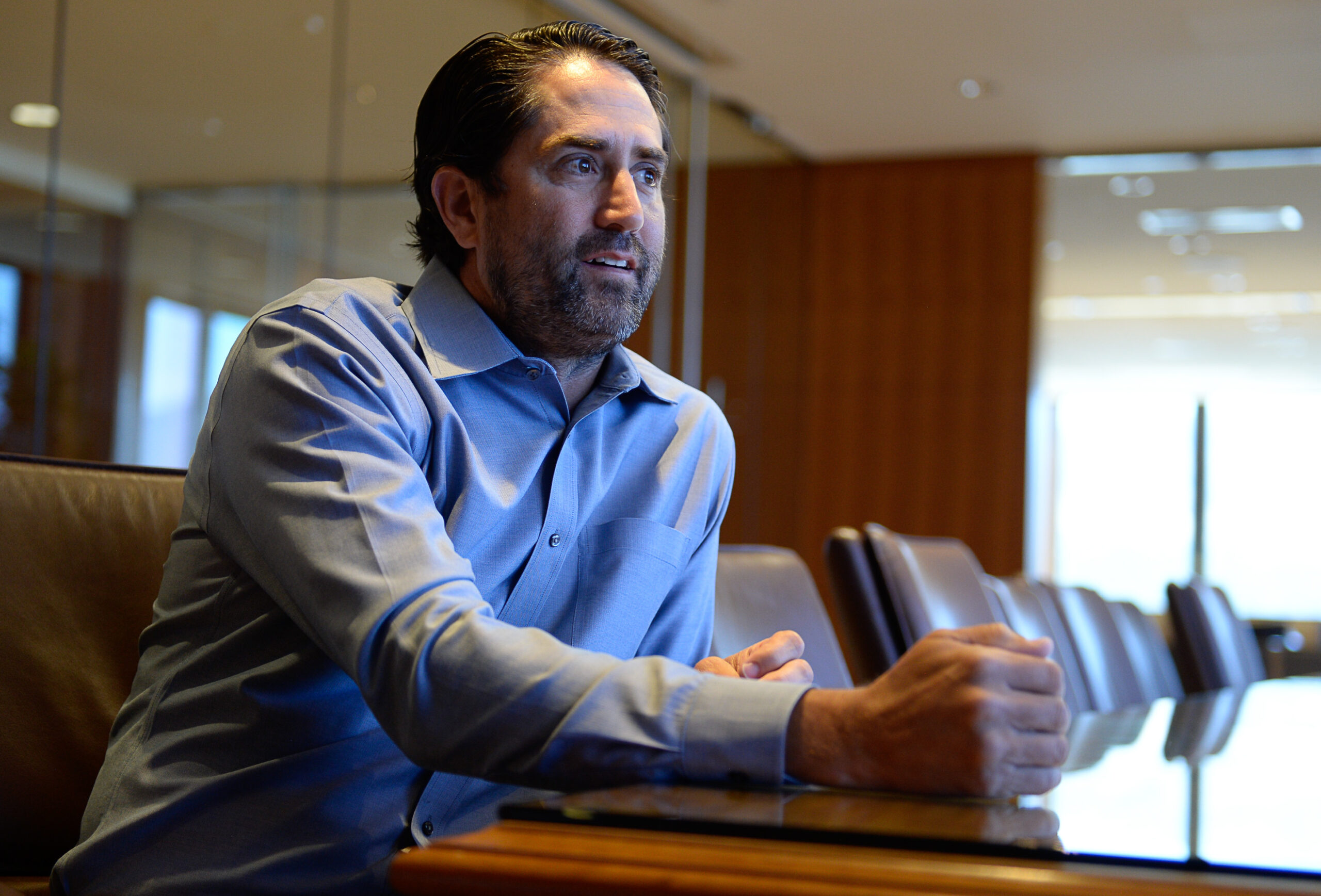Last week, a timely and important gathering about criminal justice reform took place in Utah. On August 22, Right on Crime, a conservative criminal justice initiative, hosted The Dollars and Sense of Second Chance Hiring: A Utah Employer Engagement Forum. This forum brought together employers, law enforcement, and formerly incarcerated Utahns to discuss the resources available for assimilation after incarceration.
Right on Crime was formed with the purpose of pushing for conservative reforms in the criminal justice system. Offenders need support through rehabilitation and the ability to assimilate back into society. Crime impacts the community, but it also hits citizens’ pocketbooks as they must pay for the incarceration of offenders. Recidivism increases these costs. Working toward assimilation benefits all people in the state and nation.
Finding work is a common barrier faced by offenders as they try to build their life after incarceration. Up against regulations, laws, fear, or distrust, many offenders are barred from jobs and hindered in their desire to build a new life.

Opening the forum, Brett Tolman, executive director for Right on Crime, explained, “One of the most important ways to lower recidivism, to reduce crime in our communities, is also the exact same way that you restore hope in your communities and the fabric and strength of your families, and that is through gainful employment.”
Employment provides a way for any person to take care of themself and be self-sufficient. The ability to get a job is an important part of integrating into society and helps offenders avoid the trap of falling back into past criminal activity. More than that, the ability to get a job treats them as equal citizens under the law.
The State’s Efforts in Offender Rehabilitation
Many resources already exist within the state that are working to improve offenders’ transitions back into being a productive member of society. The goal of last week’s event was to educate business leaders about the resources available and help them understand the benefits they also gain when hiring former offenders. When businesses face labor shortages, they need to know that there is a large untapped pool of qualified candidates they can utilize. The Utah director for Right on Crime, Katie Stahl, summed up the event as bringing together “Utah employers with existing public programs, resources, and agencies to bridge the gaps and create opportunities for dependable and engaged employees.”
Utah can be an example in this space. Occupational licenses are required to work in many jobs and can be hard for offenders to obtain. The state has already been moving toward the deregulation of occupational licenses and making it easier for offenders to find jobs. For example, licensing boards are now not able to bar an offender from getting an occupational license simply for being an ex-convict. More transparency is required and explanations must be given if a license is denied. Utah also passed an expungement law that automatically clears old and minor records from those who have not reoffended. Both of these reforms support offenders in obtaining jobs and becoming self-sufficient. But more can be done.
Enhancing Public Safety and Lowering Taxpayer Costs
The government should further reform occupational licensure regulation by prohibiting consideration of low-level offenses, banning good moral character language, and lowering the length of time boards can consider convictions. Educational systems can also be more fully implemented into the criminal justice system to allow for inmates to further their education and gain diplomas or certificates while incarcerated. Employers and citizens must continue to be educated on the benefits of helping reformed offenders re-enter society through getting a job and push the government to make changes.
Utah lawmakers have shown that they put the Utah citizen first, looking at many of the great reforms passed over the years. They understand the importance of ensuring that everyone has the liberty to make their own life and pursue their dreams. Implementing policies that continue to make working more available to offenders will ensure this freedom to all, keep our state and cities safer, and lower taxpayer costs. What is important to Utahns should also be important to our lawmakers.






